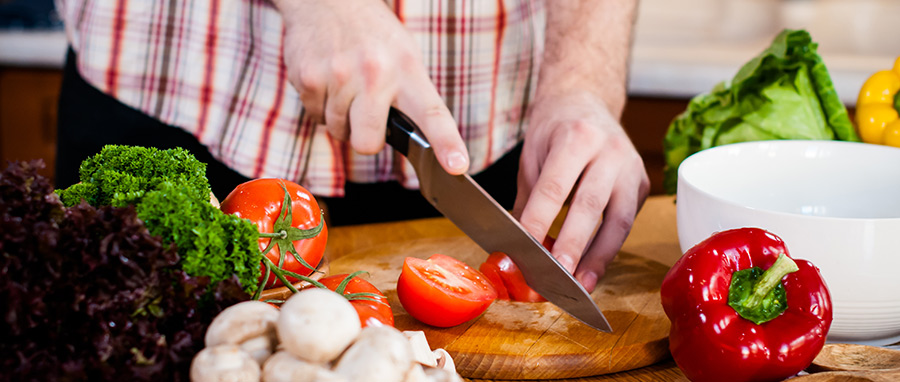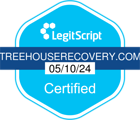By David Cajthaml Tree House Staff
In a world where drug use has become an epidemic, many important contributing factors to addiction, including diet, are rarely discussed. What if what you’ve been eating all your life played a bigger role than your traumas or the drugs you were ingesting? What if the reason you felt like you needed drugs all the time was because of the other things you were putting into your body.
Ask anyone that has started to eat a clean and health conscious diet how they feel now compared to how they felt before. A friend of mine went vegan and he stated “I was a little tired for a few days and then I felt better and had more energy than ever before. Another friend tried out the ketogenic diet and, after quickly shedding body fat, stated “I have so much energy and I’m not hungry all the time”. Another friend noted on the ketogenic diet that “my mood is so stable, I don’t have ups and downs all the time”. Some might argue that vegan/vegetarian and keto are extreme diets, what about someone who just eats “clean” — rice, chicken, and vegetables — “The only time I feel like crap is when I eat processed foods”.
Those of us that follow diets, including the ones mentioned above, occasionally cheat and eat foods outside the norm. This could be because it’s hard to stick to the diet while traveling, there could be a special occasion such as a birthday, or it simply was time for a refeed otherwise known as a “planned cheat meal”. Whenever this happens I usually hear “wow that was so good but now I feel like crap”. What does this remind you of? Many drugs have ‘comedowns’, a time where the high fades and your body is left with the lingering effects of toxic cleanup.
When you do drugs all the time, you typically need more and more drugs to continue to feel the same way and then perhaps different drugs to mitigate the symptoms of continuous use. What I’m suggesting is a simple theory of garbage in, garbage out. If you eat like crap, you’re going to feel like crap. If you grow up eating crap, constantly feeling like crap, and not knowing why — the first time you take that drink or that drug it may give you the relief you didn’t even know you were missing. Maybe the bullying you experienced, the loss of a family member, or any other trauma would have been a little more bearable if you weren’t already constantly, and perhaps unknowingly, feeling like crap from the foods you didn’t even know were that bad.
In fact, a detailed study found that development of obesity was coupled with the emergence of a progressively worsening brain reward deficit. Similar changes in reward homeostasis induced by cocaine or heroin is considered a critical trigger in the transition from casual to compulsive drug-taking.
Don’t just take my word for it! Start by trying to limit the amount of processed food you eat, try cooking more and eating out less. Make a commitment to yourself to try a diet for just one week, and see how you feel. If you feel ok, try it for just two more weeks and then reflect. I believe you will find that diet is a critical tool in your recovery toolkit.
At Tree House Recovery, we’re helping men find freedom from addiction. Our treatment programs create sustainable change for sustainable recovery by helping men find their strength in body, mind, and spirit. For information on our Orange County programs, call us today: (855) 202-2138






